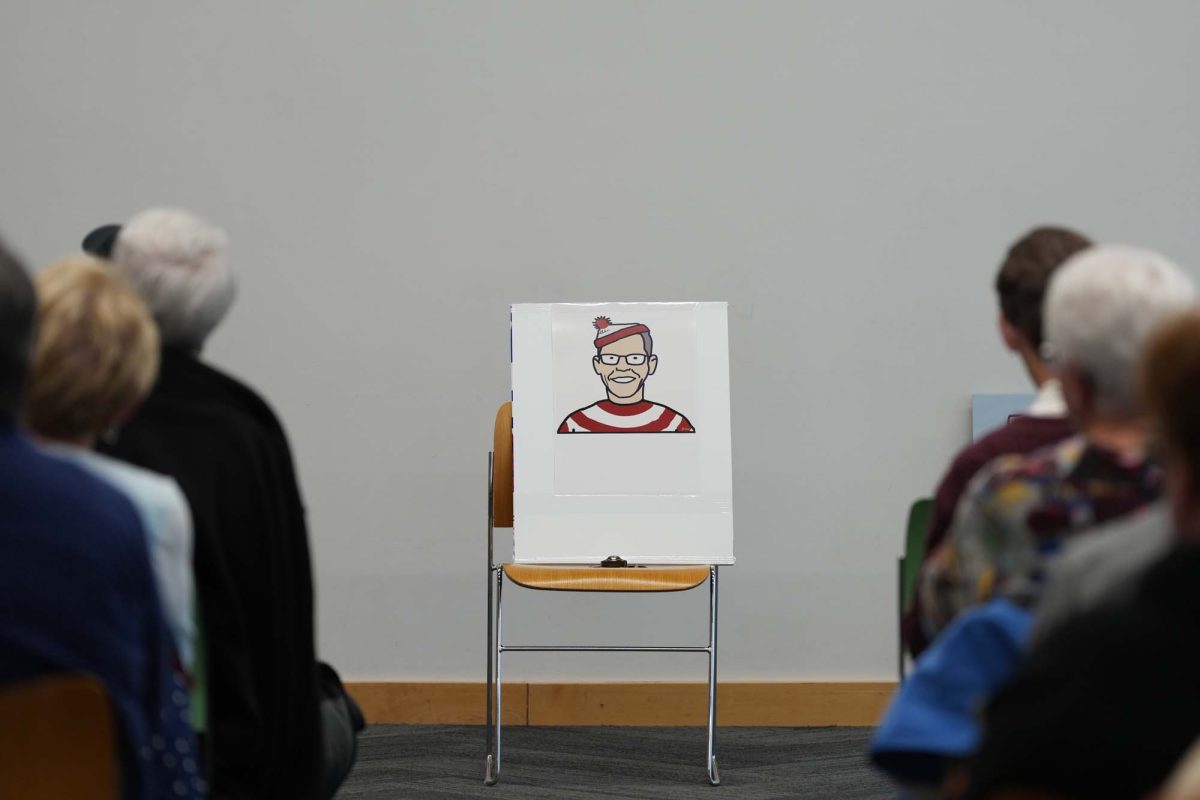A curious perception
April 25, 1996
As I reflect on my own life and observations of others’, a curious perception emerges.
As we go about living, most of us integrate a number of ideas into our experience of being human: we consider ourselves to possess free-will, to have meaning and purpose, to function according to some veritable ultimate concern(s) (i.e., religiosity, existential happiness, compassion (or love) toward others, etc.), to live in a universe where morality and ethics are manifest—either in an intrinsic or “justifiably created” form, to exist as an “I” or “self,” and to have emotions that somehow operate as an important part of our experience.
But why do we believe these things? Are they really true?
Do evidences from our experience really warrant beliefs in free-will, meaning, etc., or do we subscribe to these ideas more because of conditioning (or cognitive programming) than their purported factual significance?
I ask all of this because it doesn’t appear that these beliefs are as evidently true as some of us would claim them to be.
In fact, they may be more of an illusion—or trick of the mind—than they are “real.”
I sincerely try to take an honest look at what goes on both within and without myself, and as I do I find such concepts increasingly difficult to believe.
But my letter here is not one in which I hope to conduct an exhaustive discussion of truth or falsity; rather, I wish to provoke debate.
Perhaps someone can give a reasonable account for (at least some of) these ideas.
But then again, perhaps someone will demonstrate that actually they are all fallacious notions.
In any event, I entreat those who respond to do so with analytic scrutiny—that is, scrutiny concerning the beliefs in question.
Please do not respond by just claiming these things to be “self-evident.” Such a response seems to avoid the entire question.
If these beliefs are self-evident, one must then account for those aspects (of subjective experience) which make them self-evident.
Ian T. Martin
Ames resident






